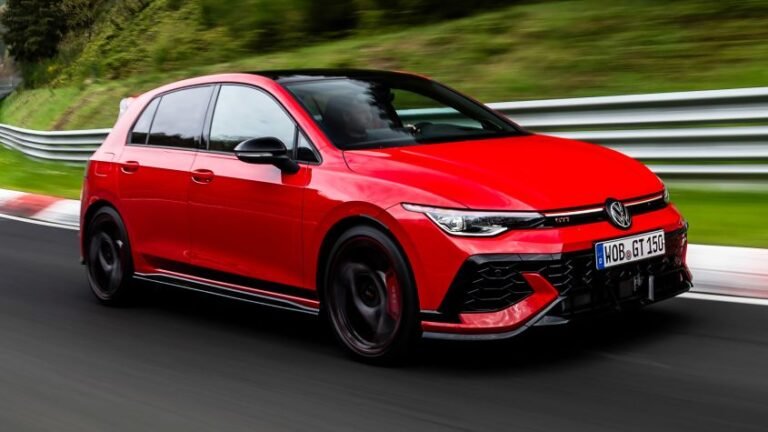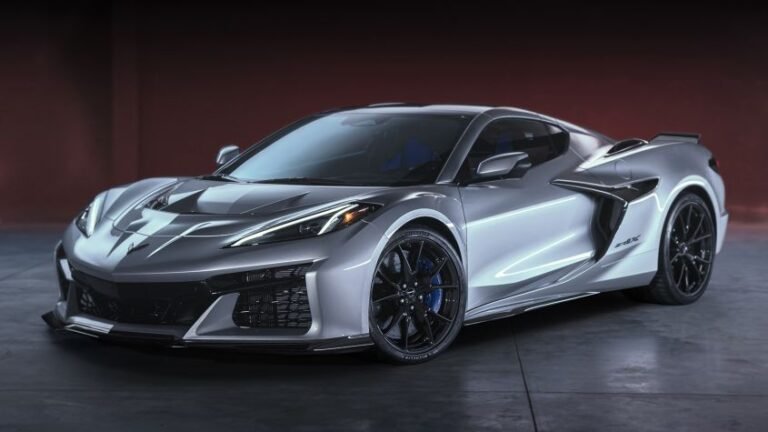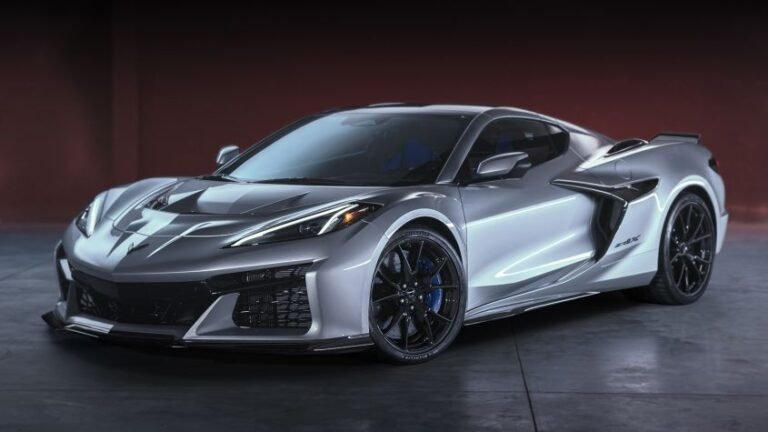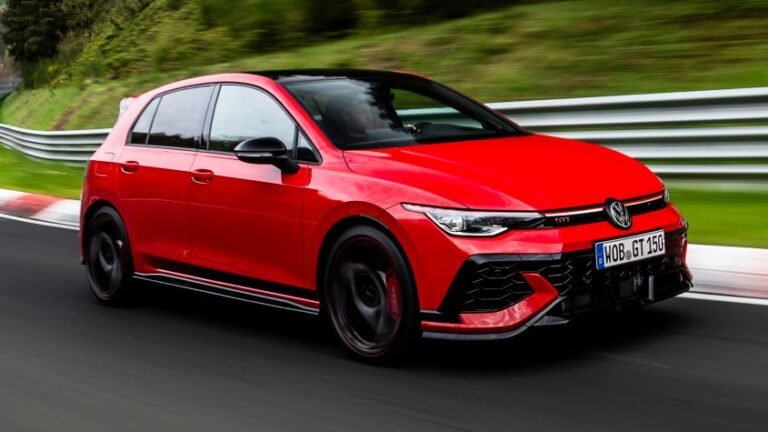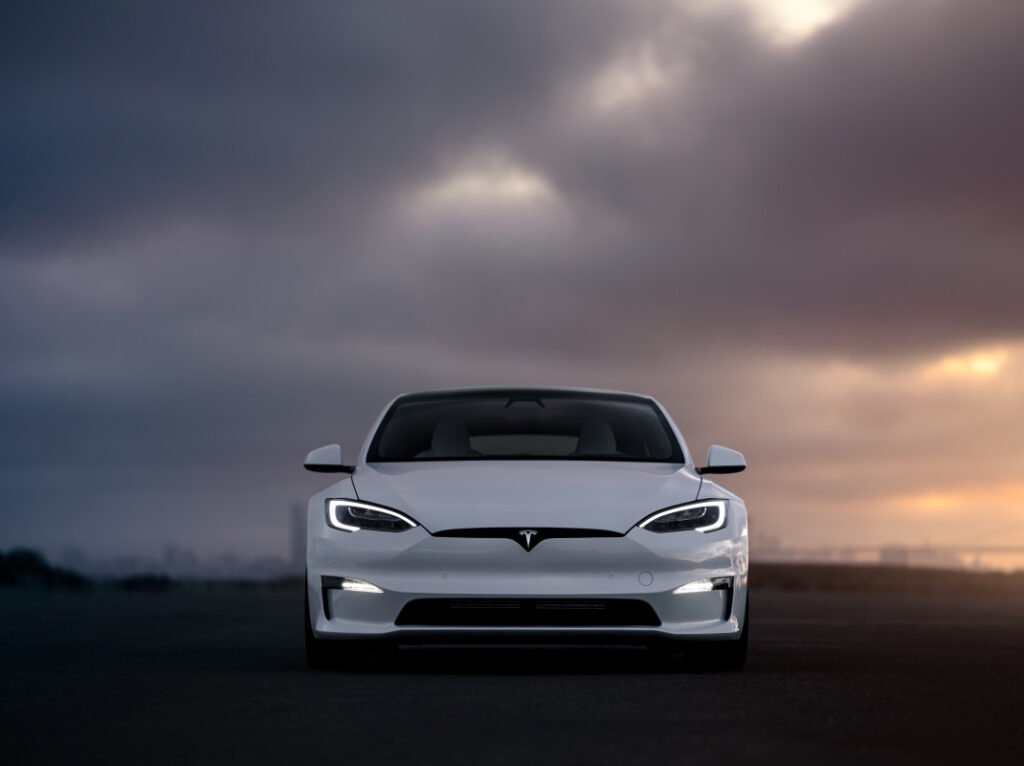
Tesla’s self-driving system is under intense scrutiny once again
Tesla’s suite of partially self-driving technologies is a double-edged sword. The tech is praised by many for taking the effort out of commuting, but on the other side, it has been harshly criticized for being implicated in a number of crashes. Some of these crashes have been fatal, and it has led to a new lawsuit being filed against Tesla for an accident that took place in September 2024, in which three people were killed when a 2024 Tesla Model S crashed. The incident took place on New Jersey’s Garden State Parkway.
Model S Blamed For Fatal Crash

According to Reuters, the three people who were killed in the crash were David Dryerman (54), his wife Michele (54), and their daughter Brooke (17). Max Dryerman, the older brother of Brooke, is also a plaintiff but was not in the car at the time of the crash.
The Dryerman family were on the way back from a music festival on September 14 when the incident occurred. The electric sedan veered off the road before hitting a sign, a guardrail, and a concrete bridge support. According to the complaint, issues with the car’s design resulted in it leaving its lane, and the automatic emergency braking system did not activate. All three family members were said to be buckled up at the time.
“Thousands of Tesla drivers have relied on Tesla’s ADAS technology as though it were capable of safe, fully autonomous self-driving with minor software updates when in fact it is incapable of safely handling a variety of routine roadway scenarios without driver input,” the complaint said via Pace Monitor(subscription required).
Furthermore, the crash was blamed on the car’s “defective and unreasonably dangerous design.”
Related: Hands-Free Showdown: BlueCruise, Super Cruise, Autopilot. Which One Owns the Highway?
Tesla’s Misleading Statements About Self-Driving Tech
Tesla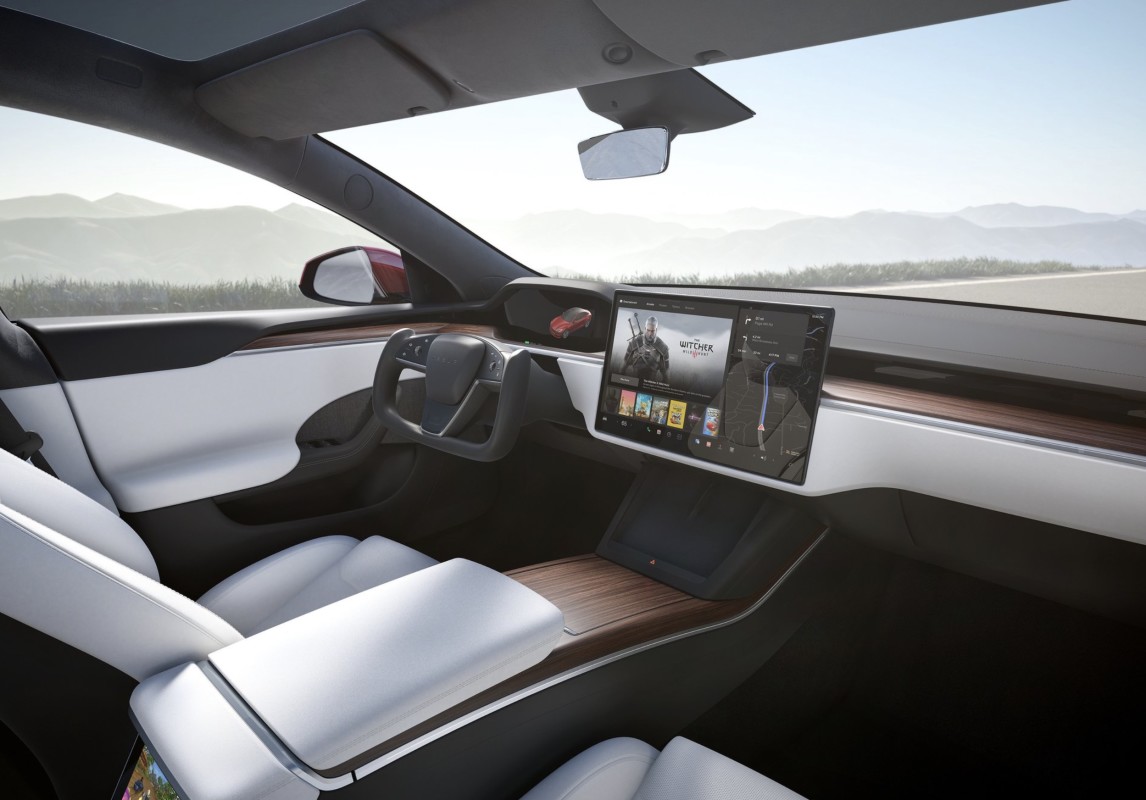
Every new Tesla still functions most safely with an attentive driver behind the wheel, something the EV giant itself has emphasized. However, language used by Elon Musk and by the brand in marketing its tech have conflicted with this.
The complaint specifically mentioned a statement by Musk in 2016, when he said Autopilot was “probably better” than human drivers. Furthermore, the full suite of driver aids has been referred to as Full Self-Driving by Tesla for years, despite the cars not being capable of self-driving in every single scenario. Currently, you can still order what is called Full Self-Driving on a Model S, but Tesla has added the word “Supervised” to the suite’s name. “Your car will be able to drive itself almost anywhere with minimal driver intervention,” says a current statement on the brand’s site.
It’s easy to see how this messaging can still be poorly interpreted by some drivers, and an analysis by the National Highway Traffic Safety Administration (NHTSA) indicated that there was a “critical safety gap between drivers’ expectations of the L2 system’s operating capabilities and the system’s true capabilities.”
This analysis specifically focused on Tesla models produced between the 2012 and 2023 model years. Following pressure from the NHTSA, Tesla agreed to recall over two million cars in late 2023 to include new safeguards for the Autopilot system. However, the car involved in this case is a 2024 model, so it’s clear that there is still work to be done, assuming that the car’s tech is the main cause of the unfortunate crash.
Both the plaintiffs’ lawyers and Musk himself have not yet commented on the Dryerman case.
